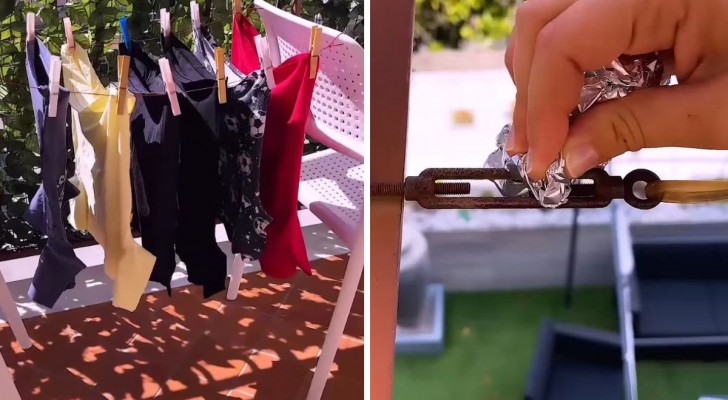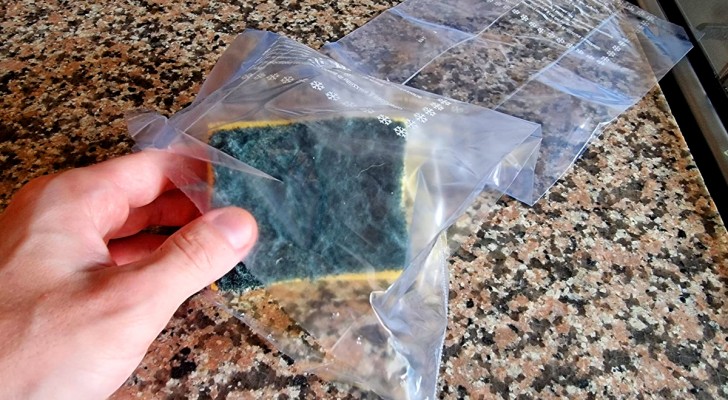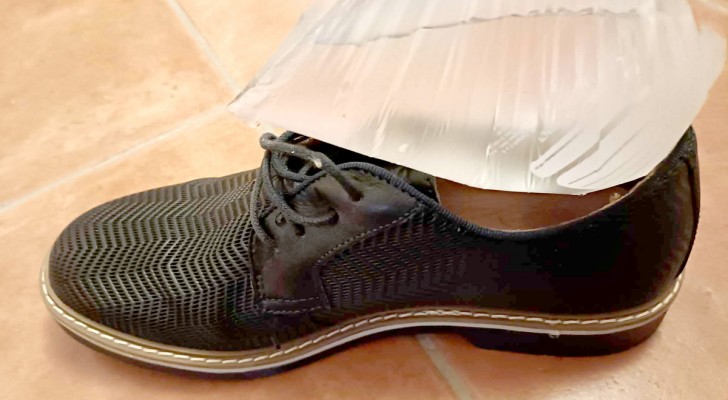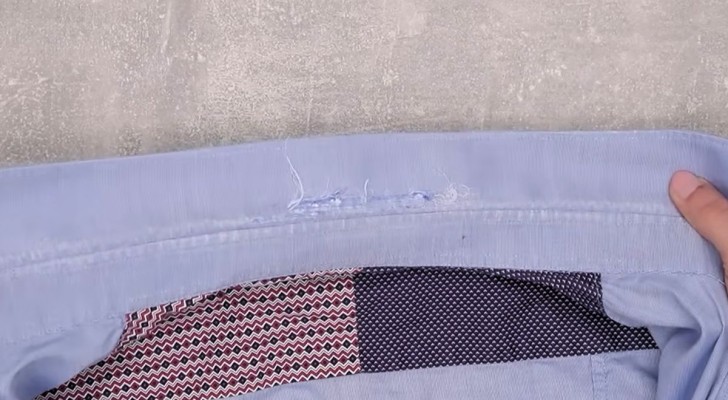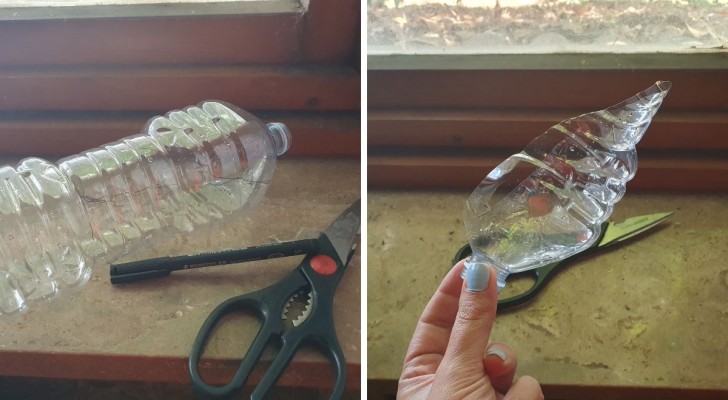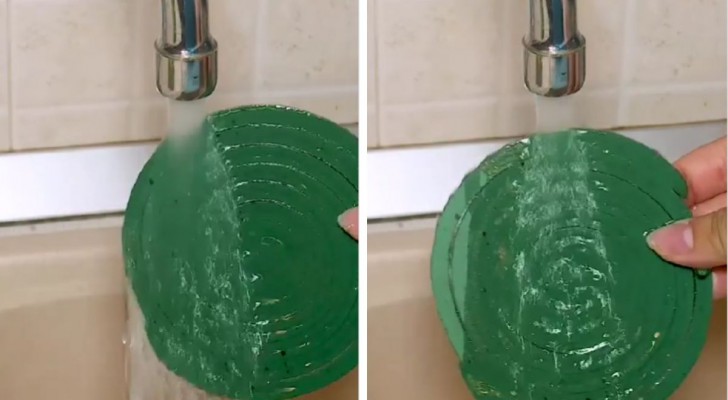Can kitchen salt really clean and/or clear the drains?
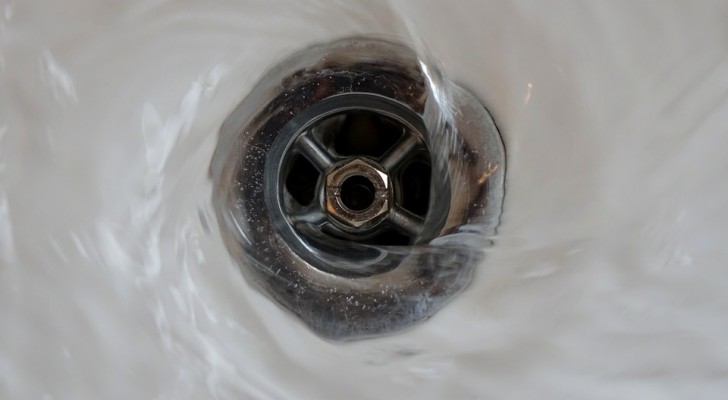
There are many DIY remedies that can be used as an initial emergency measure when we notice bad smells or suspect the presence of obstructions in the drains of the bathroom or kitchen, and depending on the seriousness, these remedies can be very effective.
One of the most popular is to pour a large amount of salt into the pipes. Thanks to the fact that its chemical makeup can erode the accumulation of fatty substances on the walls of the pipes themselves, using salt can unblock the pipes and make the water flow again. This remedy may work under certain conditions, but there are others that are more effective. Read on to find out more:
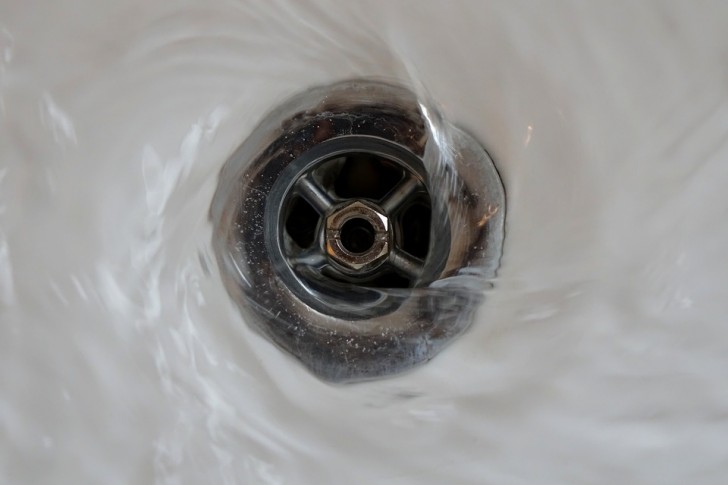
Pouring the salt into the drain / pipes can help clear a blockage, but only if not too much is used and is then followed shortly after with plenty of boiling water. But be careful - boiling water should not be used in the case of PVC pipes which could be melted (or, at least, deformed by the heat). And since it's actually the high temperature of the water that does the heavy lifting, using salt isn't all that critical.
What alternatives can we try?
- If the pipes are very blocked by the accumulation of oily or greasy substances, baking soda can help in the sense of absorbing and reducing bad smells emanating from this accumulation.
- Boiling water and pouring in some soap, or even a couple of tablespoons of borax, can dissolve the fat and thus cause the blockages to clear away from the inside of the pipes when they are not very large deposits or have just formed. This treatment can prevent the problem from becoming more serious later down the line.
- Again, you can try (for minor blockages) pouring a cup of baking soda down the pipe, followed by white vinegar (two or three cups). The two will react and produce a foaming agent, the mechanical action of which can help to unblock the pipe. And then follow up with very hot water (always paying attention to PVC pipes).
When these methods do not give the desired results, it will be necessary to intervene manually, with plumber's probes, or flexible hoses with a crank handle or pliers and a tip capable of grasping the material that obstructs the drains and pipes. To use them, sometimes it is necessary to disassemble a few pieces of the piping under the sink, so first place a large basin under where water could escape from.
Obviously, the best intervention is always that of plumbing experts, who may use a hydrojet systems: when all else fails, they become the option of preference in order to avoid causing further damage.
